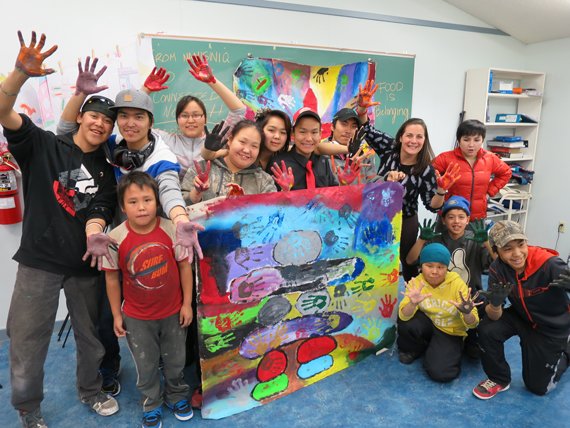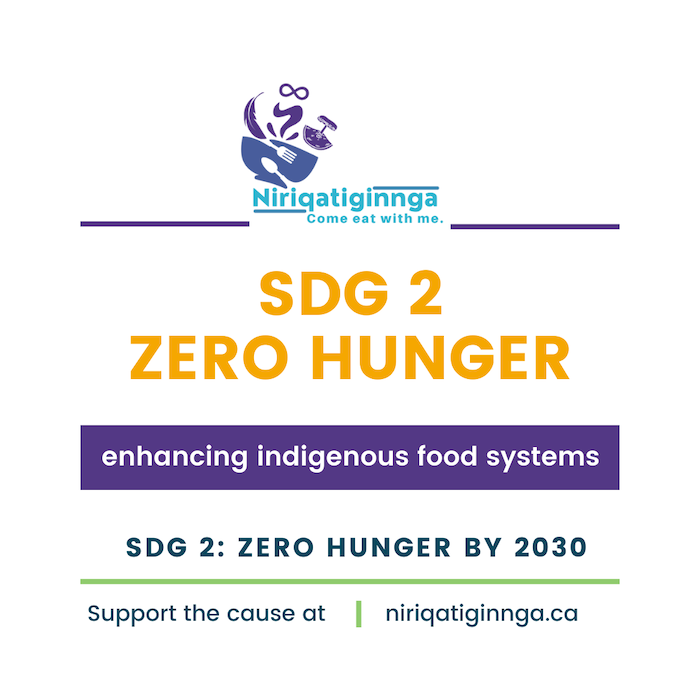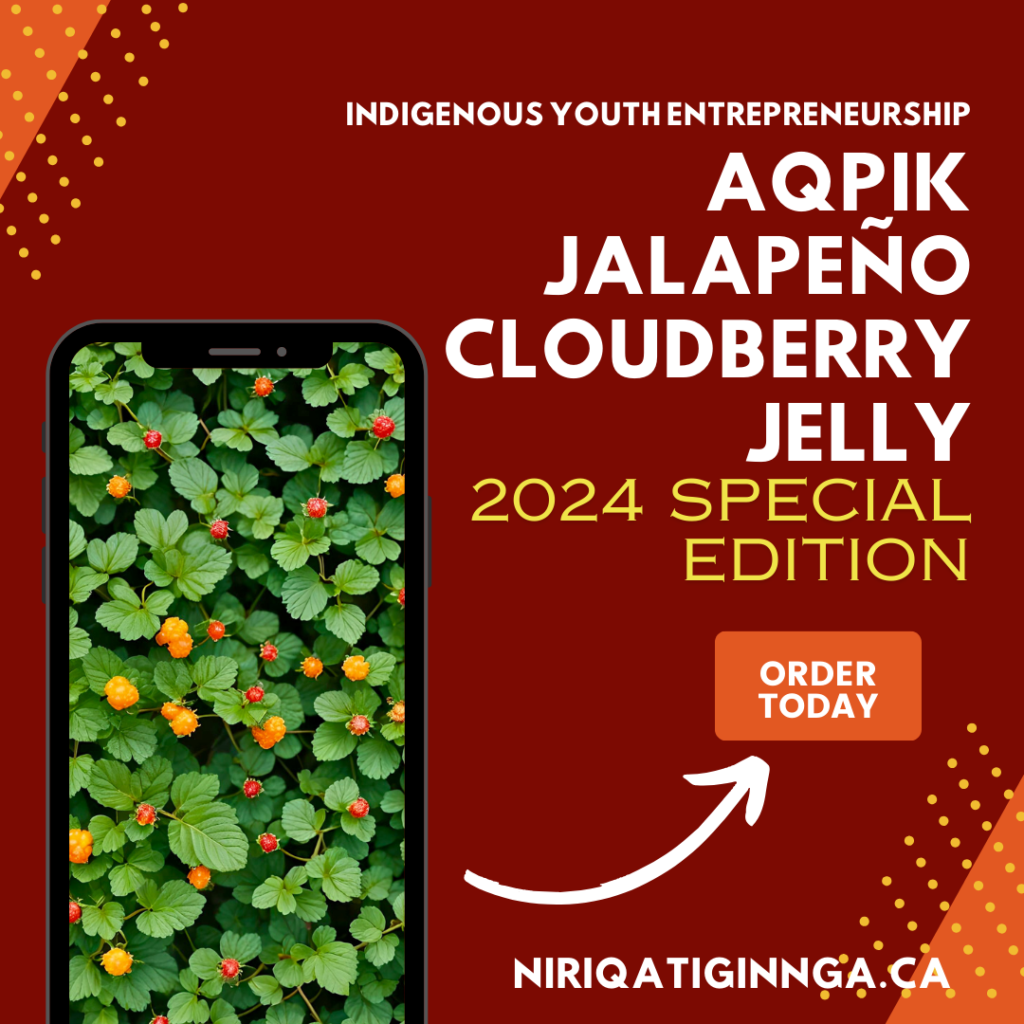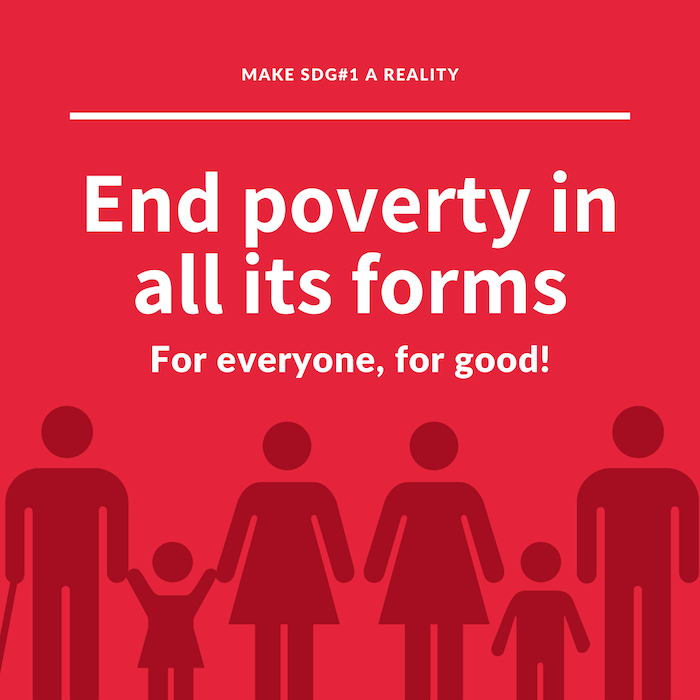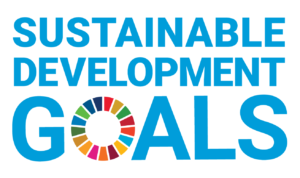Beginning in 2013-2014, a collaborative project in Arviat, Nunavut aimed to explore social and cultural aspects of interventions resonating with participants, focusing on health determinants for Indigenous populations. Activities included piloting an ‘Atii Gameshow’ along with film and communications training for culturally relevant interventions aimed at children and youth, which would then be carried through to adulthood.
As our arts incubator program begins to deepen its collaborative efforts with the newly-established Niriqatiginnga project, we thought it would be cool to revisit and reflect on some of the previously supported research and community programming members of our current team have worked on.
Niriqatiginnga builds directly on many of these prior experiences, and will fuse food security, Arts and Community-Based Participatory Research, storytelling, qualitative and quantitative analysis and interdisciplinary approaches to build relationships between research institutions, academia, Indigenous community members and government. Areas of focus will include increasing community participation in early planning and development of food systems. Additional activities will focus on food system planning, training and skill development, innovation and technology adoption, enhancing individual and community resilience and climate change adaptation.
Atii! Let’s Do it! Healthy Living Interventions for Inuit Children, Youth, and Families in Nunavut
The Atii! Let’s Do It! project, funded by the Public Health Agency of Canada aimed to achieve several key objectives. Firstly, it sought to increase the ability of Inuit families to make healthy choices about food and physical activity. This was to be accomplished by providing culturally relevant health messaging and educational materials, empowering families to make informed decisions regarding their diet and physical activity levels. Additionally, the project aimed to improve health literacy in the Inuktitut language. Recognizing the importance of language in health communication, efforts were made to enhance health literacy specifically in Inuktitut, ensuring that health information was accessible and comprehensible to the community.
Short-term outcomes included increased engagement, cultural skills improvement, and enhanced health literacy. The project addressed the dietary transition in Nunavut from traditional to processed foods, contributing to high rates of overweight and obesity among Inuit children. Traditional Inuit foods were noted to be more nutrient-dense and culturally significant, but factors like decreased subsistence hunting contributed to their decline. Promoting traditional food practices alongside nutritious market foods was deemed crucial for health promotion.
This program also saw the establishment of a Youth Media Team, building on the success of projects like the Nanisiniq Arviat History Project, Global Dignity Canada and the Arviat Film Society. The Arviat Film Society (AFS) was a youth-driven program offering digital media literacy while also contributing to the development of many skills to become future leaders and innovators. Participants in AFS ranged in age from 13 to 66 years old, with anywhere from 10 to 30 participants.
Establishing the first Youth Media Team
The Youth Media Team was tasked with creating health-related messages tailored to the needs and cultural context of the community. This effort aimed to cultivate effective message carriers within the community, with the expectation that the youth would disseminate these messages to a wider audience. Building on the success of Phase 1, the project expanded its scope in Phase 2, titled Atii, Let’s Do It! The objective of this phase was to continue providing training in media development while focusing on producing an educational app targeting children aged 6-12 years. The app aimed to reinforce healthy nutrition and activity messaging.
The team received instruction in film production, photojournalism, storyboarding, and storybook production through workshops facilitated by experienced individuals and organizations. The project fostered later collaborations with entities such as the National Film Board of Canada, the Canadian Institutes of Child Health and the Coca-Cola Canada Foundation among many others. The ultimate goal of the Youth Media Team’s activities was to promote and communicate healthy behaviours, particularly among children and youth, through culturally relevant and engaging media content. The project also emphasized the importance of culturally relevant and co-developed interventions led by Inuit communities, focusing on development, implementation, and evaluation tailored to local contexts and values.
How the projects were structured:
The project unfolded across four phases, each addressing different aspects related to climate change and food security in the community. Phase I focused on Climate Change Health Adaptation Strategies for Inuit Food Security. Phase II delved into Food Security and Sustainability, planning for climate change impacts. Phase III centered on exploring the Positive Impacts of Climate Change supporting community food production. Finally, Phase IV aimed to engage with climate change issues comprehensively, integrating findings and experiences from earlier phases to inform adaptation strategies and community resilience efforts. Throughout each of these phases, the collaboration with diverse partners and stakeholders aimed to address the complex challenges posed by climate change while promoting sustainable food security solutions within the community.
The project involved collaboration with multiple partners such as: Arviat Youth Piliriqatigiingniq, the Arviat District Education Authority, Arviat Wellness Centre, Arviat Economic Development Committee, Arviat Hunters’ and Trappers’ Organization, and Qaujigiartiit Health Research Network. Additional partners in Phases II-IV expanded to include the University of Windsor, the Nunavut Research Institute, Arviat Cultural Eco-Tourism Initiative, Agriculture Canada, the Université du Québec à Rimouski, Nunavut Arctic College, Mount Allison University, and John Arnalukjuak High School.
Furthermore, the project aimed to engage children, parents, and guardians in fun and culturally relevant health promotion activities within school settings. Initiatives like the Atii Gameshow and other interactive activities were designed to create enjoyable and culturally meaningful experiences that would promote health awareness and behavior change among children, while involving their parents and guardians in the process. Additionally, the project sought to increase opportunities for children and youth to learn vital traditional harvesting skills. By providing avenues for engagement in traditional harvesting activities, the project aimed to preserve cultural practices while promoting physical activity and connection to the land.
Key Outcomes
Most importantly, the project aimed to expand the capacity of youth leadership in developing and implementing health promotion initiatives. By involving youth in various aspects of project development, implementation, and leadership roles, the project aimed to build their capacity and empower them to take ownership of health promotion efforts in their community. This approach, which is being adapted for Niriqatiginnga, aimed to cultivate a new generation of leaders who could spearhead ongoing health initiatives and contribute to the well-being of their community.
Throughout the project, emphasis was placed on ensuring cultural relevance and appropriateness of the developed media. Training workshops were conducted to expose the Youth Media Team to various media forms and develop skills in promotional material creation. Involvement with the Adobe Youth Voices training program equipped the youth with digital media skills, enabling them to create original content highlighting health issues and solutions. Mentorship was provided by professionals, including @1860 Winnipeg Arts members Jamie Bell, who guided the team in media production and messaging strategies and Tony Eetak, who at the time was one of the children who participated in activities and often tagged along. Tony is now following in those very same footsteps.
In 2019, this project was identified as one of 57 Climate Change and Health Adaptation projects representing “a significant Canadian contribution to support the global effort by Indigenous communities to adapt to climate change.” Through their efforts with these kinds of programs, communities were able to increase their knowledge and understandings of the health effects related to climate change and to develop local adaptation strategies.
To learn more about these projects, the following reports are available:
- Atii! Let’s Do it! Healthy Living Interventions for Inuit Children, Youth, and Families in Nunavut
- Community Voices on Climate Change and Health Adaptation in Northern Canada: Research and Action and the Stories Behind Them 2012–2016
- The Contribution of Inuit Youth and Community-Driven Informal Educational Programs to Life-Long Learning and Perseverance
